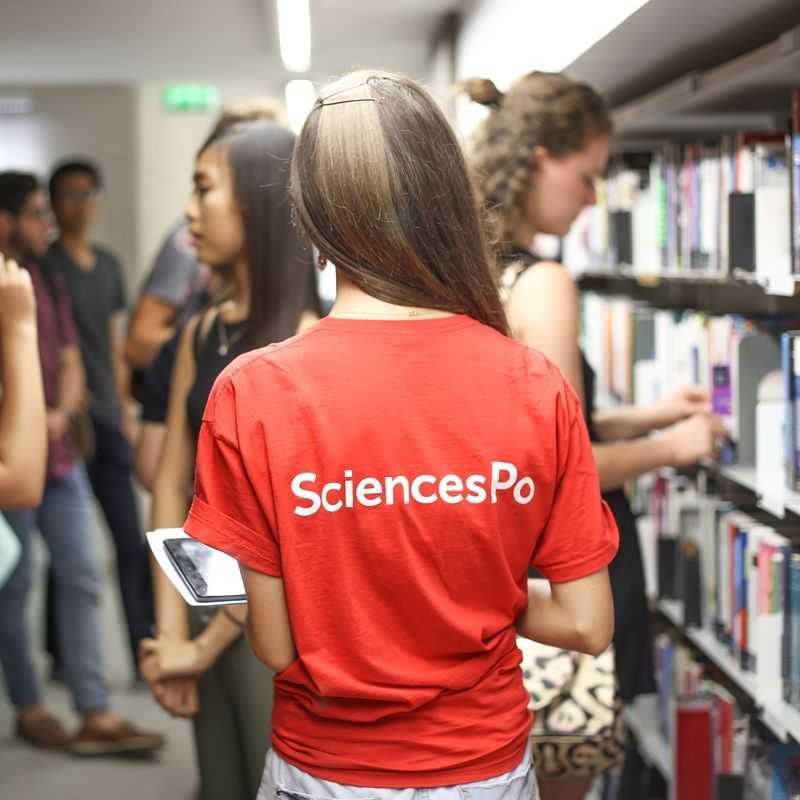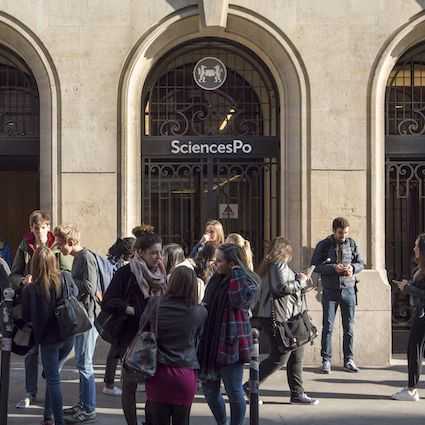
Home>Academics>Two-Year Master's Programmes
Two-Year Master's Programmes
Information Sessions: Masters

Discover all the Master's programs and admissions procedures during our many webinars and YouTube Live dedicated to future applicants.
An educational project based on five pillars
Students share a solid common core of classes and follow their specialised master courses through a programme designed to enable gradual professionalisation that revolves around active learning based on practical applications and case studies.
- Shared courses in the human and social sciences with a multidisciplinary approach designed to help understand complex situations and develop analytical and critical skills
- Common training in management in order to envision companies and economic life from a perspective that emphasises the complementarity of their many facets.
- An introduction to the digital humanities that integrates design thinking in order to understand the transformations running through society, based largely on the work of the Medialab.
- Professional training specific to each master in order to develop job skills
- An innovative culture to develop an entrepreneurial spirit using case simulations and creativity- centred moments, supported by the experience and success of the entrepreneurial centre (fr.)
A wide range of programmes
The trainings offered are designed for either undergraduates, young professionals and senior executives. Some programmes are taught entirely in English.
- Master communication, médias et industries créatives (fr.)
- Master Communications, Media and Creative Industries
- Master finance et stratégie (fr.)
- Master Finance and Strategy
- Master International Business and Sustainability
- Master Marketing and Society
- Master Marketing: New Luxury and Art de Vivre
- Master HR & Sustainable Governance
- Joint Master of Law and Finance
The training is two years, including at least one semester outside the school (internship or study abroad). Programme graduates obtain a master degree (equivalent to 5 years of higher education).
This offering will be expanded with new programmes in marketing, digital strategies, entrepreneurship, and the social and political implications of business.
Students can also follow dual degree programmes with leading schools worldwide. These programmes allow students selected by the two institutions to obtain diplomas from both universities.
A multidisciplinary approach
Sciences Po leans heavily on the human and social sciences -- its core identity -- to explore and take an in-depth look at certain themes using a highly multidisciplinary approach:
- The economic, social and political roles of a company and their ramifications from the local to the transnational levels,
- The digital revolution and its impact on the economy and society
- The viability of long-term economic growth from the standpoint of a balance between private interests and the common good
- Corporate social responsibility
- Creative industries and their digital reinvention
- New forms of economic organisation and new business models




